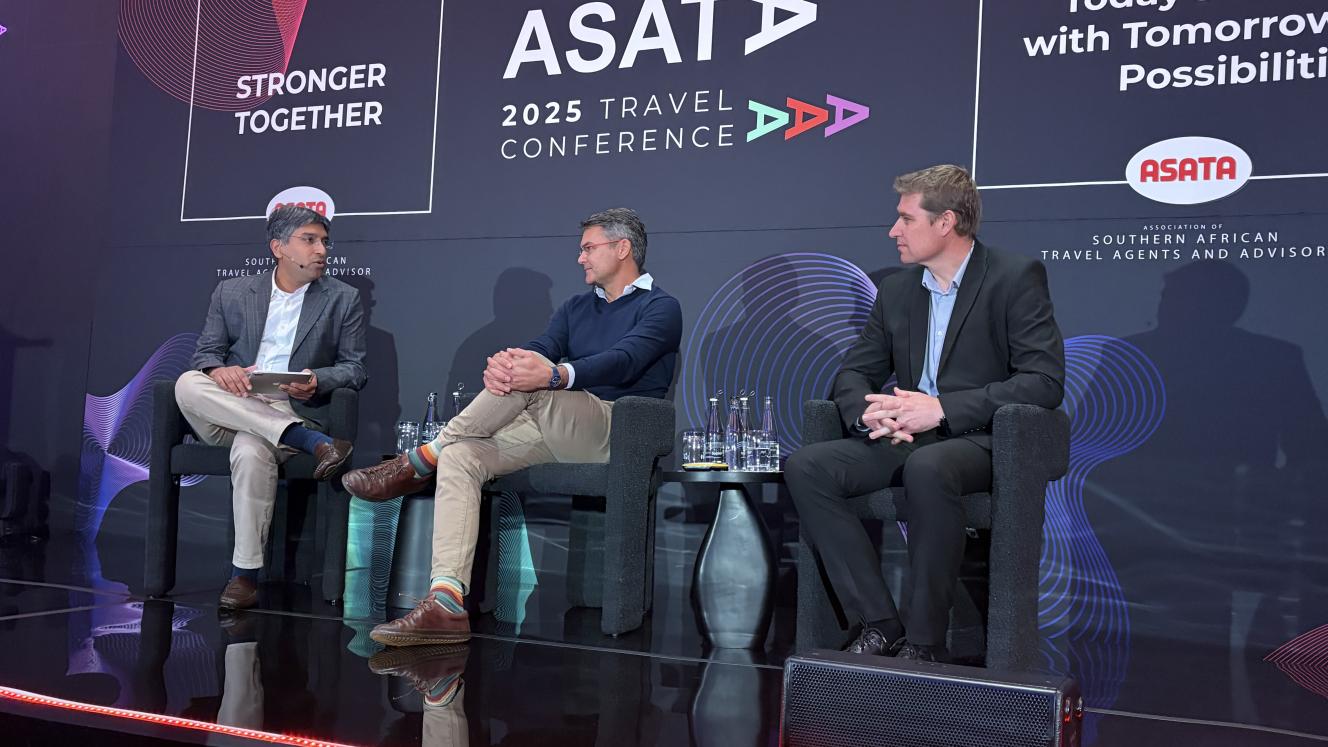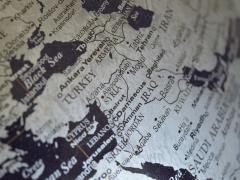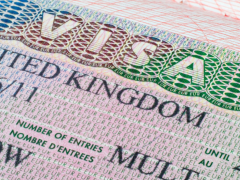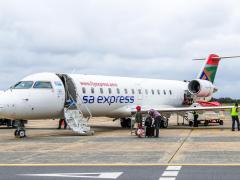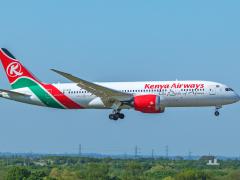AI is making it increasingly difficult to spot fraud, with voice recognition technology and other tools, being used in sophisticated scams that pose a major threat to the travel industry.
Speaking at the Asata Conference on August 21, Stefan van der Merwe, CEO of Sure Travel, shared a recent example. “On 19 May, a credit controller for a large company in the UK got a call that he needed to join an online meeting with the board because they were busy with a transaction. He joined the online call and the full board was there, everyone talking about the deal. He was instructed to transfer £300 000 to a supplier. He went through the approvals, made the payment. Three days later, his Financial Director asked what had happened, and he explained he was on a call where the payment was approved where the Financial Director was present. It was all AI generated.
“This is the world we’re heading into,” Van der Merwe added.
Email fraud
Rian Bornman, Founder of FlightSite, added that more traditional forms of fraud were still rife and remained the most common danger.
“The single biggest threat we should all be aware of is business email compromise,” he said. “These are big-ticket items with lots of back-and-forth and urgency of payment. A trend is that an email gets compromised, which could belong to your customer, and when that customer needs to make payment, it gets intercepted.”
Lagging behind
Van der Merwe said the travel industry was particularly vulnerable, as many businesses still handled payments manually.
“When I look at our industry at the moment, we are still super-manual,” he said. “If you are an active arranger of travel, you probably have copies of clients’ cards on WhatsApp. We’ve got to move, and move quickly, into a more protected space.”
He added: “I’ve been in the industry 15 years, and aside from a few exceptions, the payment mechanisms we use haven’t changed much.”
Human risk
Another factor that heightens risk is that travel businesses rely heavily on manual checks and staff judgement. “If things are manual, and you have to rely on people in an organisation making rational choices based on emails or calls, you’re in trouble,” Van der Merwe said. “AI-generated scams are already far too convincing.
“Fraudsters are moving faster than our payment systems. In the travel space there is a massive opportunity to steal, and we’ve got to close that gap. As an industry, we don’t have time to wait.”
